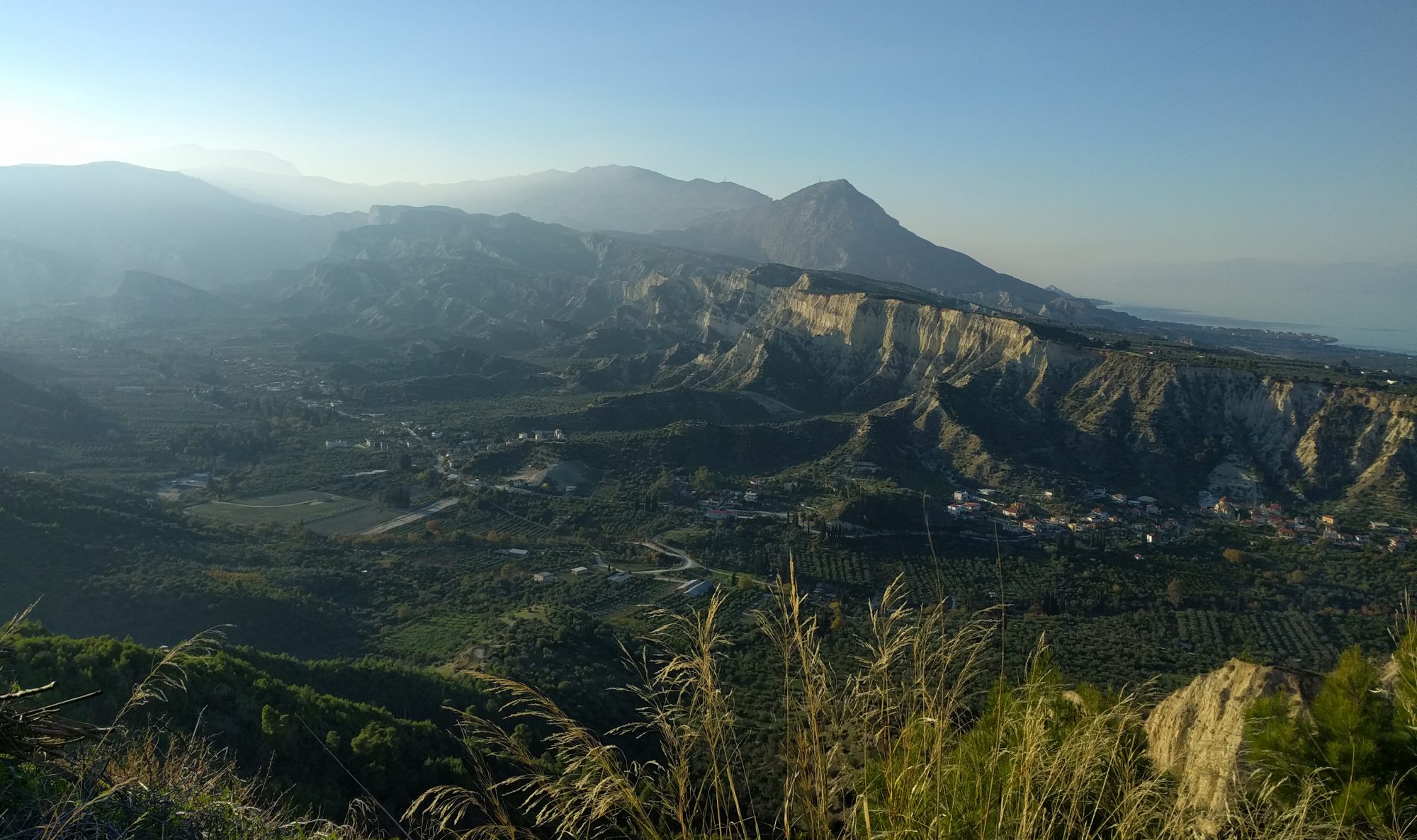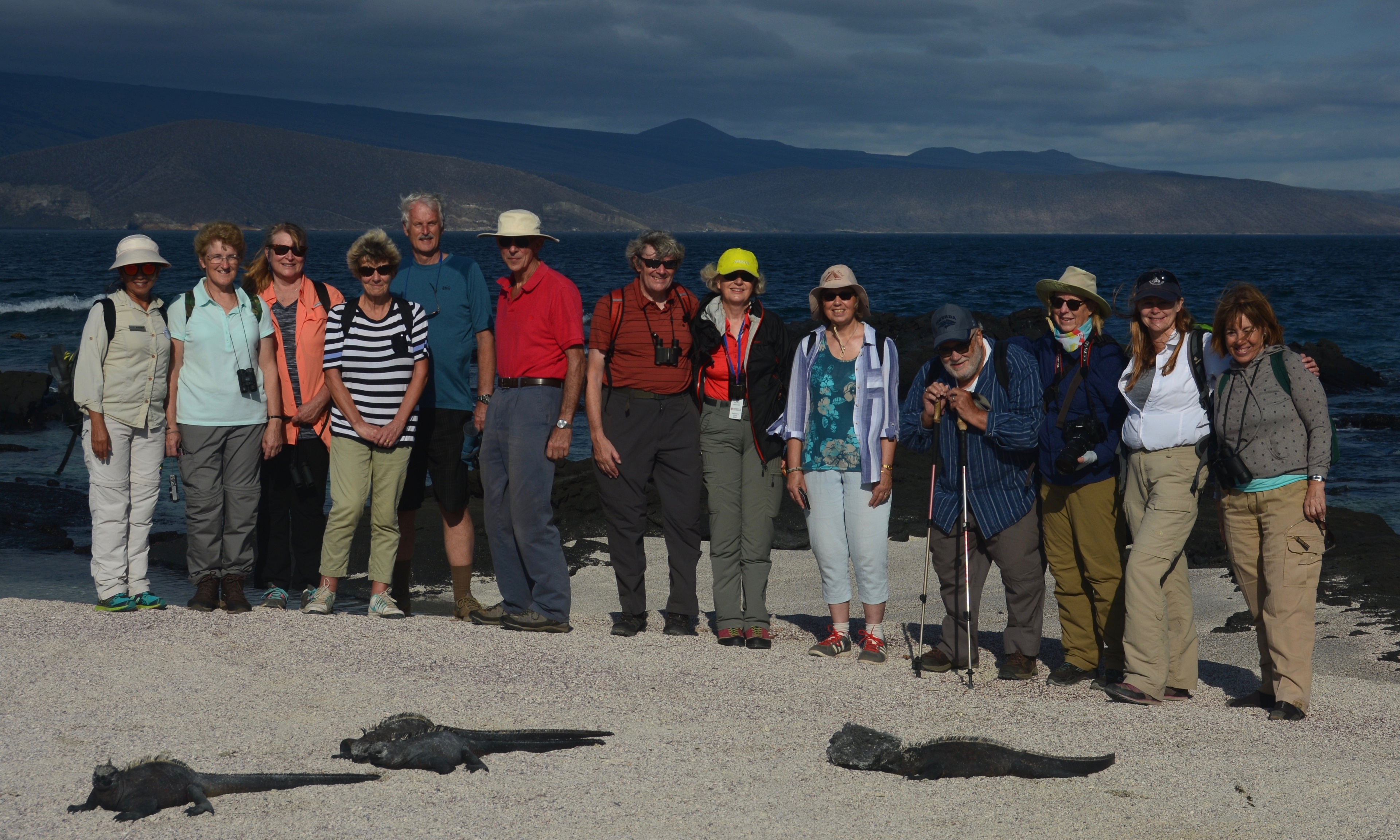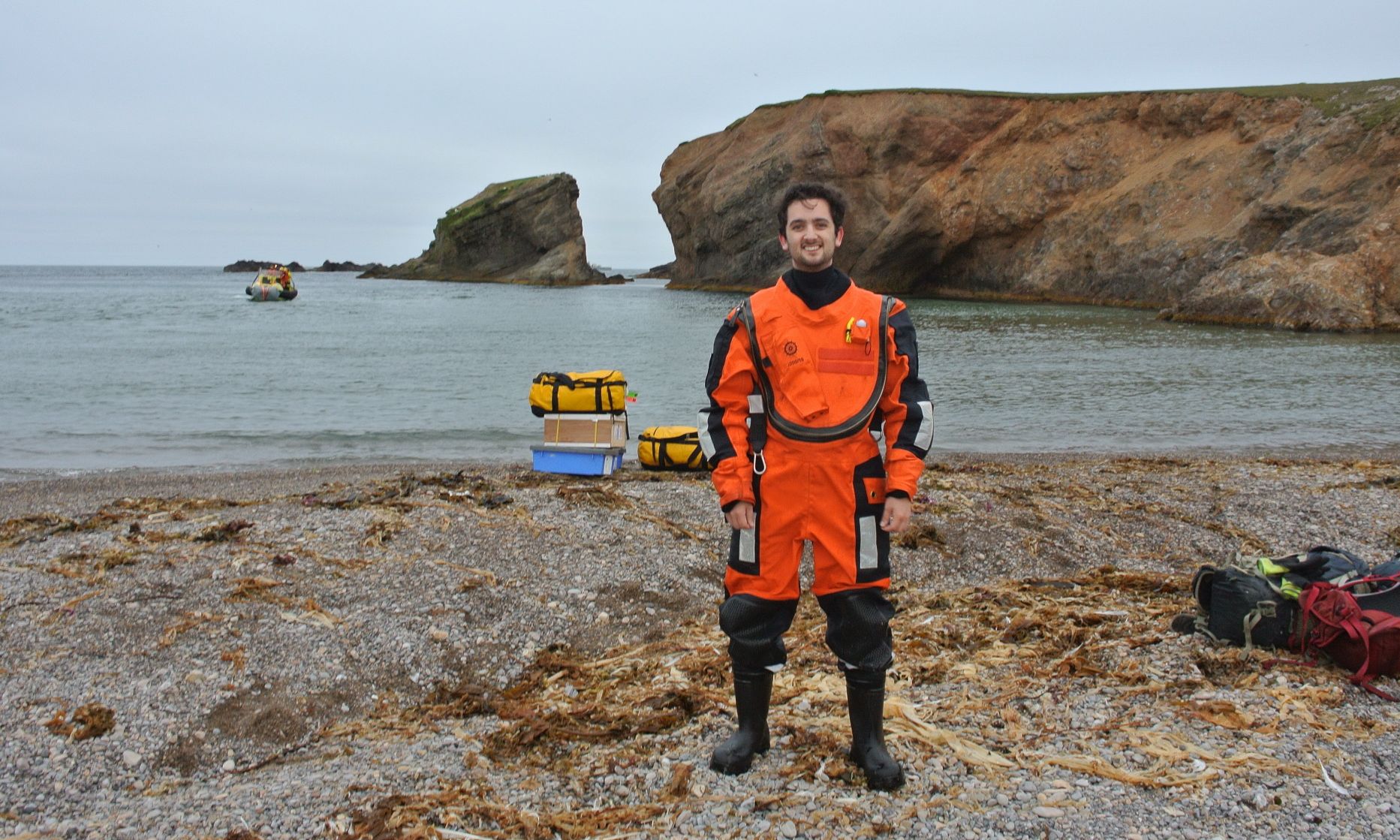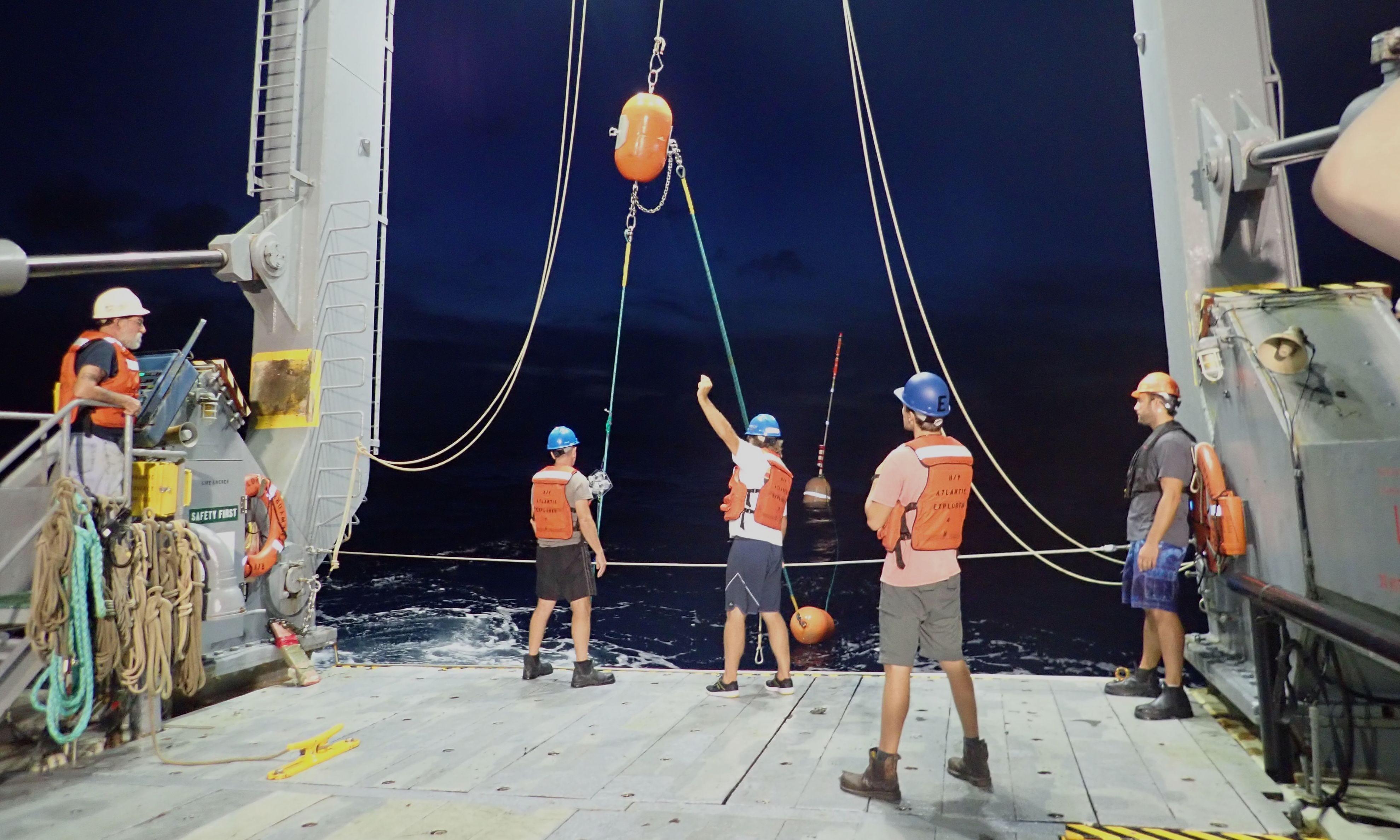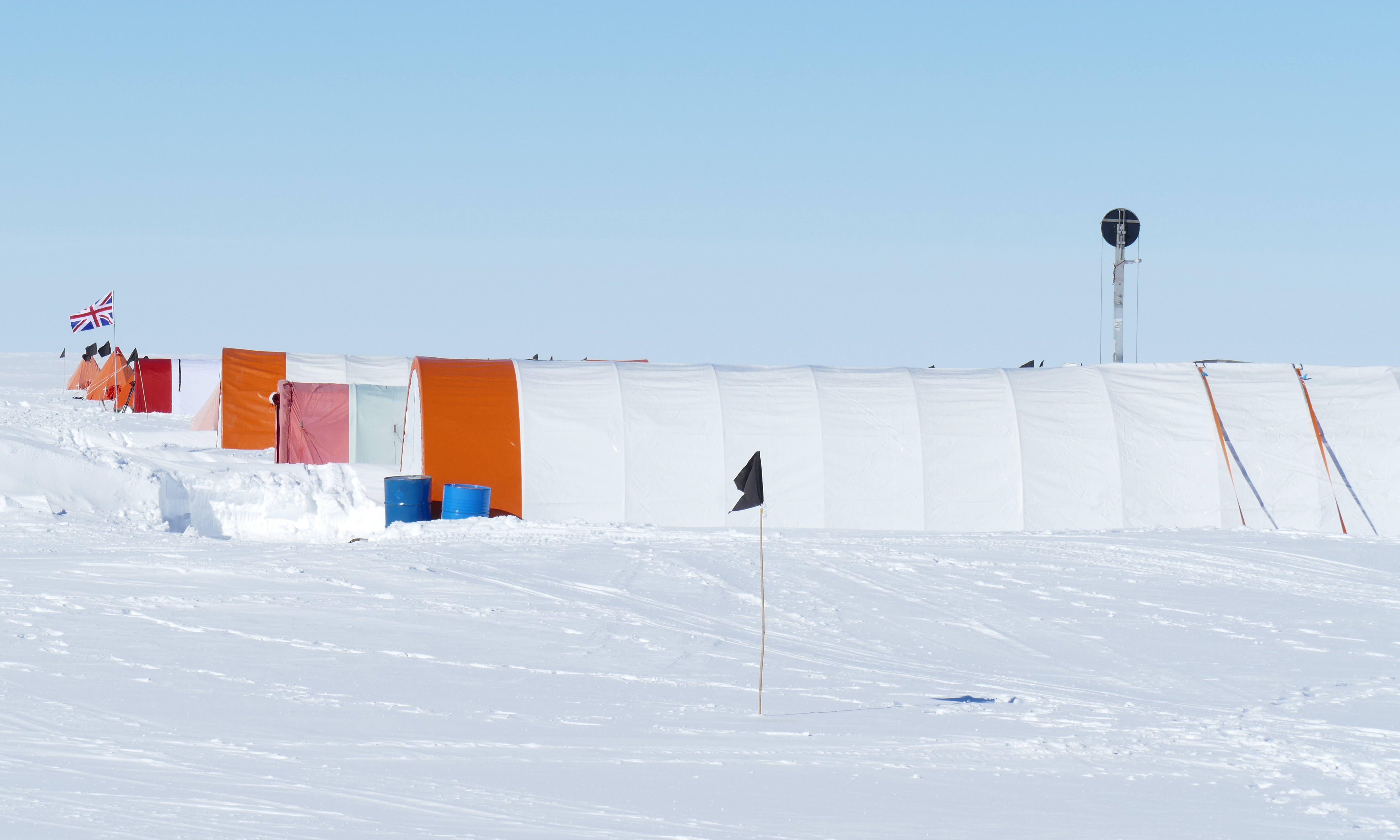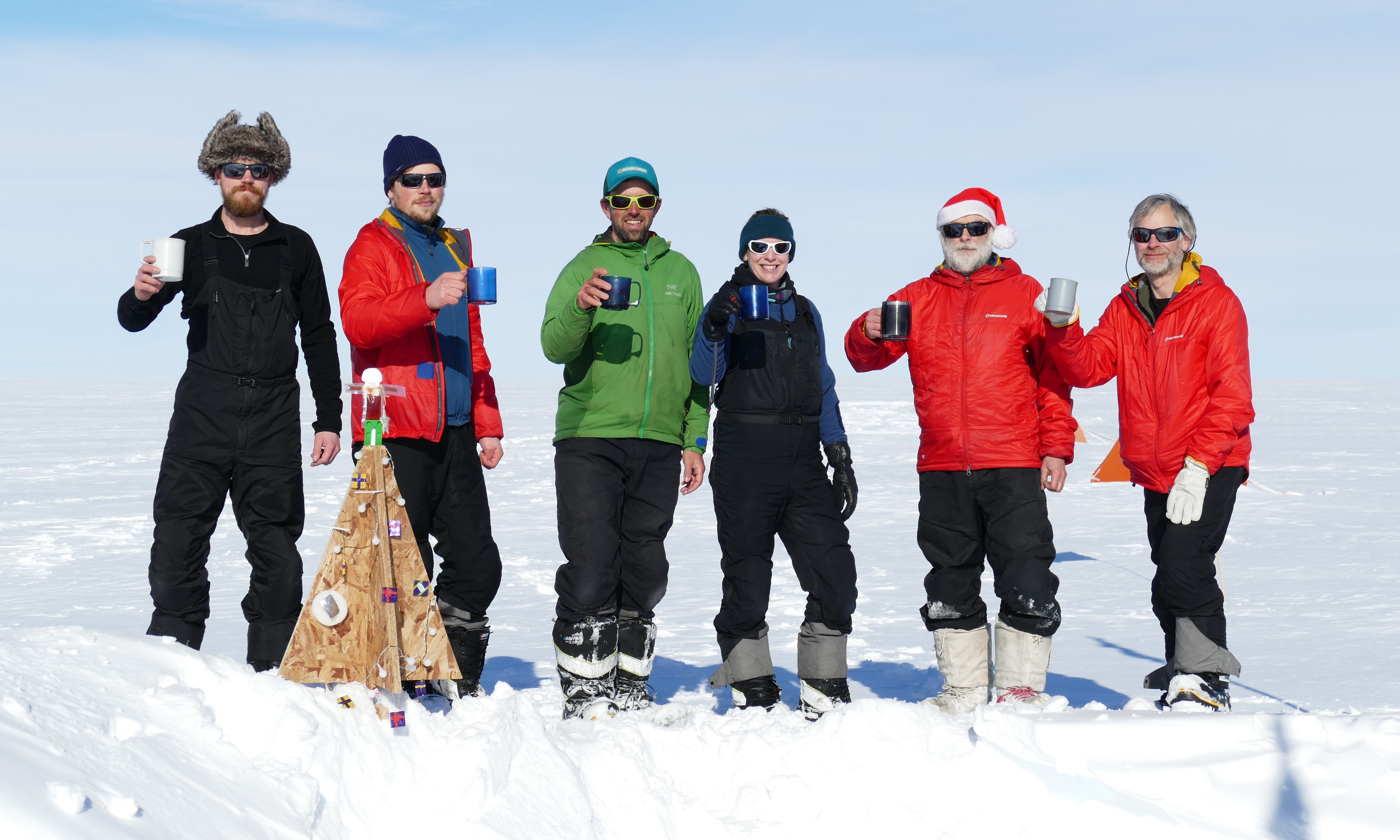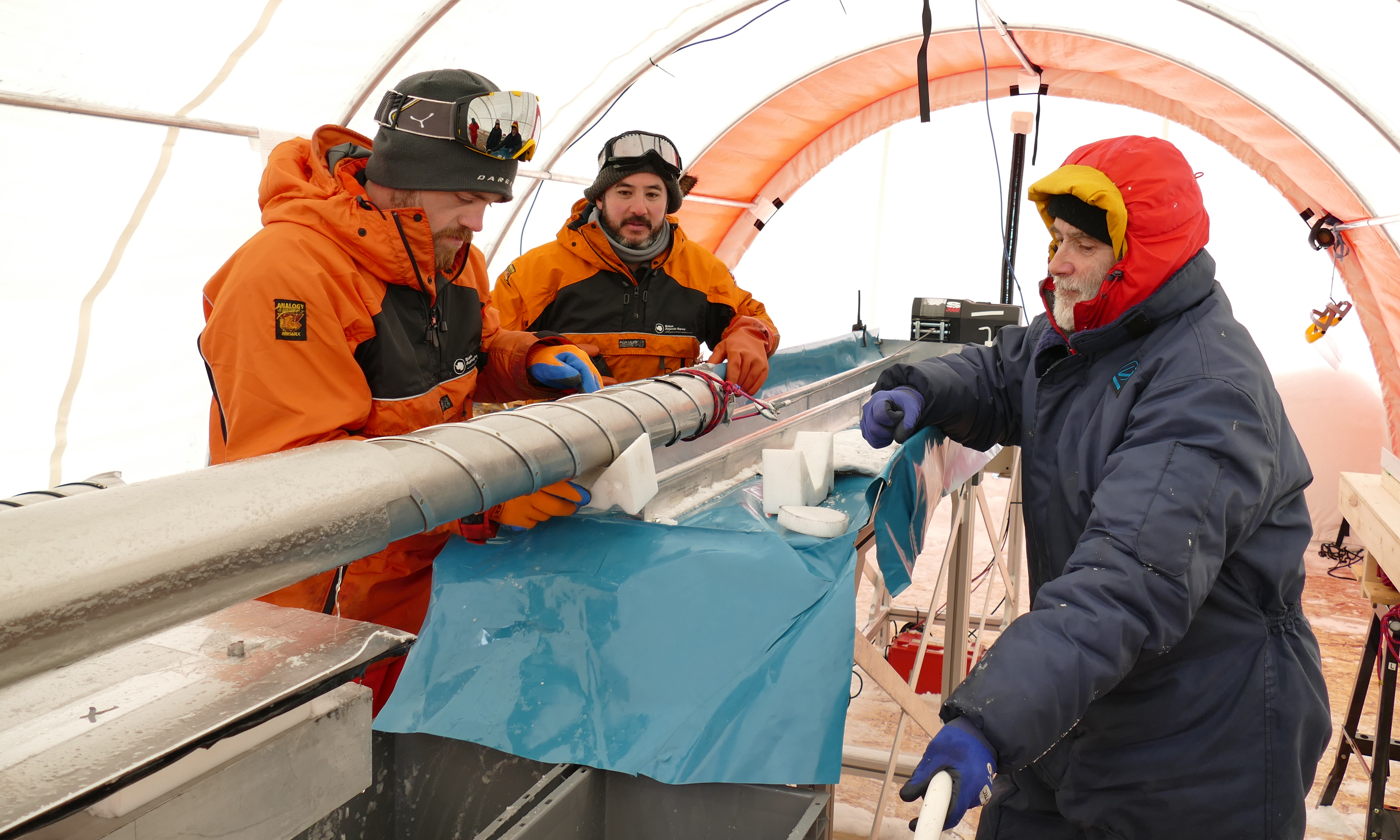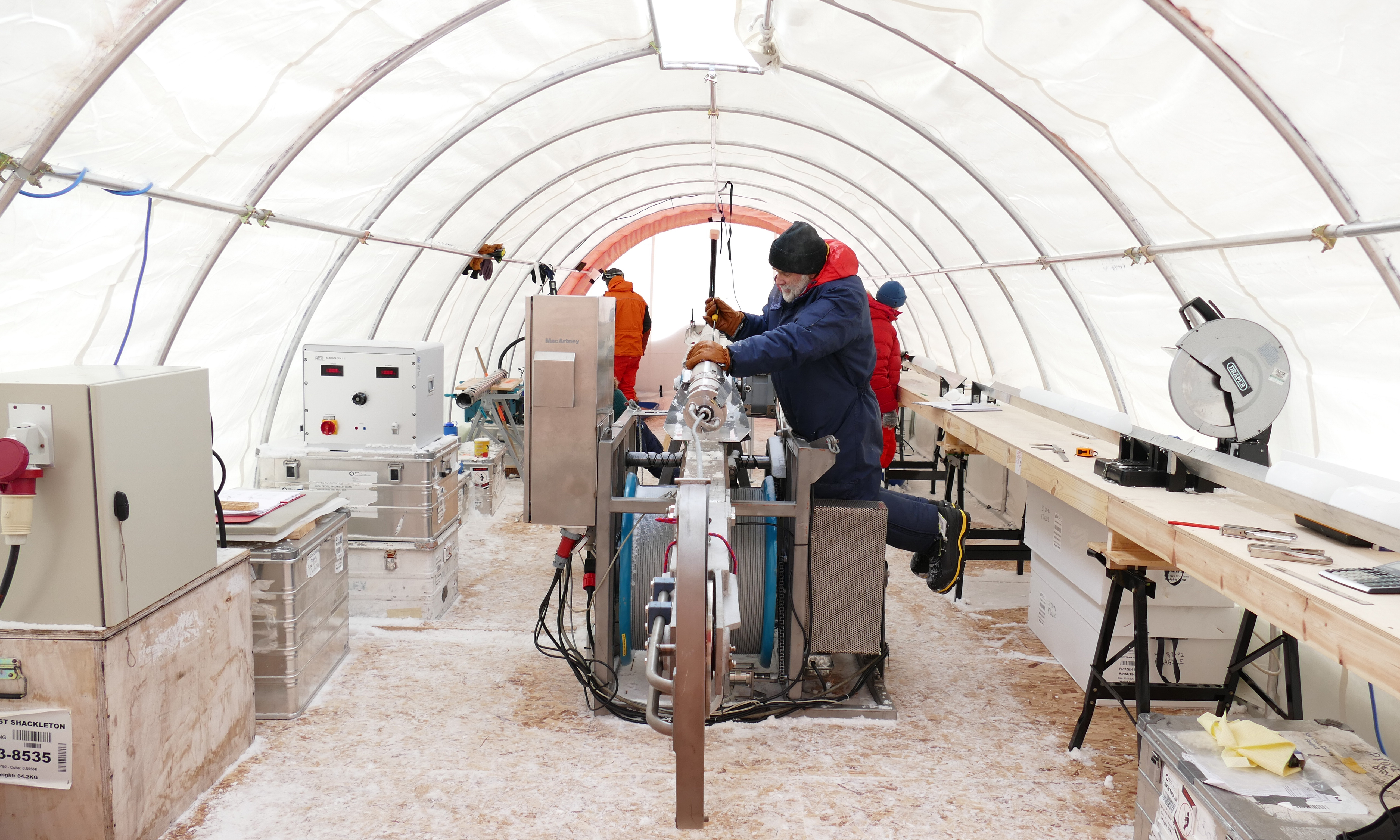The last field trip that our undergraduates take is the fourth year, Part III trip to Spain. Run in the break between Lent & Easter term the trip aims to gather all the aspects of the course and put them together as a cohesive whole. Other trips focus on specific research areas: e.g. Sedimentology and Petrology – the 1B Southwest trip to Dorset & Cornwall, or Geophysics in Greece, or developing mapping skills in Sedburgh & on Skye. The Spain trip can be seen as the closing bookend to our students’ discovery (and love) of geology that begins on the first year trip to the Isle of Arran.
Historic Quito-Galápagos Alumni trip
The joint Cambridge-Oxford Universities Alumni trip to Historic Quito and Galápagos in September 2018 was the first time I’ve acted as a Trip Scholar. From the outset, I was intrigued as to who would be in the group and how the dynamics would work. I could not have been more pleased with the way things turned out….
Continue reading “Historic Quito-Galápagos Alumni trip”Tales from Bear Island: a month of Arctic fieldwork (or, four weeks without a phone)
In August 2018 I was lucky enough to join a CASP expedition to Bear Island, in the Norwegian High Arctic, as a field assistant and as part of my Part III project.
My journey to the arctic began as so many do, in Heathrow airport. We unloaded the minivan-sized taxi required to get all our gear to the airport, and I walked in to the entrance of Terminal 2 wearing a big coat, carrying two heavy gear bags and a rifle case. We drew some looks. I couldn’t help but feel excited and important.
Then I realised I had left my phone in the taxi. Panic descended.
Continue reading “Tales from Bear Island: a month of Arctic fieldwork (or, four weeks without a phone)”Interning at the Bermuda Institute of Ocean Sciences
Over the summer, I was fortunate enough to complete a research internship at the Bermuda Institute of Ocean Sciences (BIOS), known by locals as the ‘Biological Station’. I was therefore off to a tiny island in the middle of the Atlantic Ocean for two months to research the effects of climate change and swim with turtles.
Continue reading “Interning at the Bermuda Institute of Ocean Sciences”WACSWAIN Drill Log: ice core complete!
The aim of our fieldwork in Antarctica is to retrieve an ice core reaching through the entire depth of the ice cap on Skytrain Ice Rise, to obtain ice extending at least 130,000 years back in time. Last night, on Tuesday 7 January, we succeeded. The feeling of elation is all around me, with all six members of the party relieved and excited.
Continue reading “WACSWAIN Drill Log: ice core complete!”WACSWAIN Drill Log: Christmas in Antarctica
We’ve now been at Skytrain Ice Rise in Antarctica for about 6 weeks. In previous blogs, I have written about the life in camp and the drilling. Now, just after Christmas, it’s time to take stock of what we have achieved, and what we are aiming to do.
Continue reading “WACSWAIN Drill Log: Christmas in Antarctica”WACSWAIN Drill Log: ice core drilling begins
In order to achieve our goal of retrieving ice that is 130,000 years old, we need to drill a core to the bottom of the ice cap we’re camping on, through about 620 m of ice. All the work so far has been preparation for drilling, so what does the drilling actually involve?
Continue reading “WACSWAIN Drill Log: ice core drilling begins”WACSWAIN Drill Log: making camp in the Antarctic
In my last blog I wrote about all the expertise needed to get us into the field. Well finally eight of us, including me, have reached Skytrain Ice Rise, and are experiencing all the steps needed before we can drill an ice core.
Continue reading “WACSWAIN Drill Log: making camp in the Antarctic”